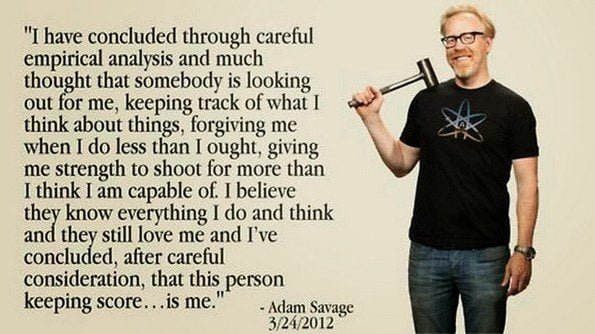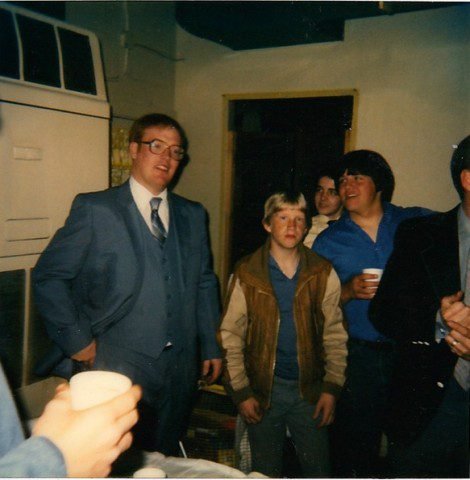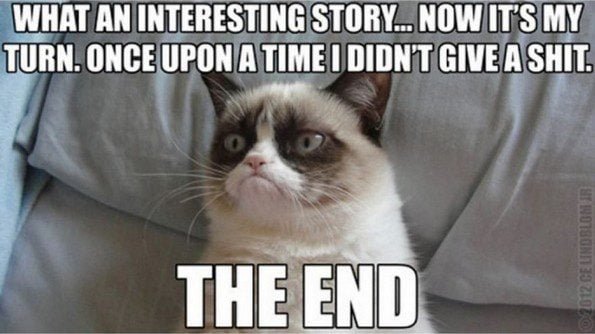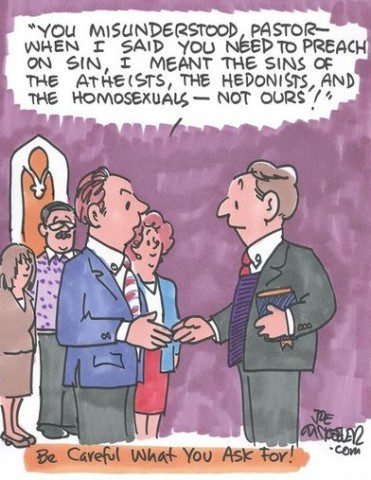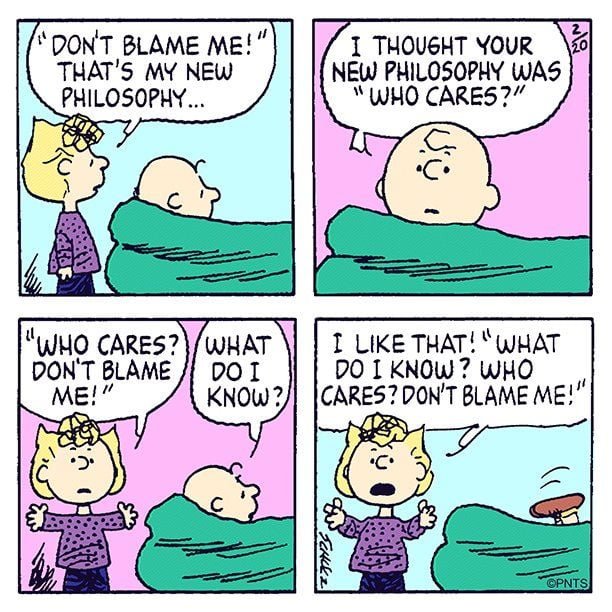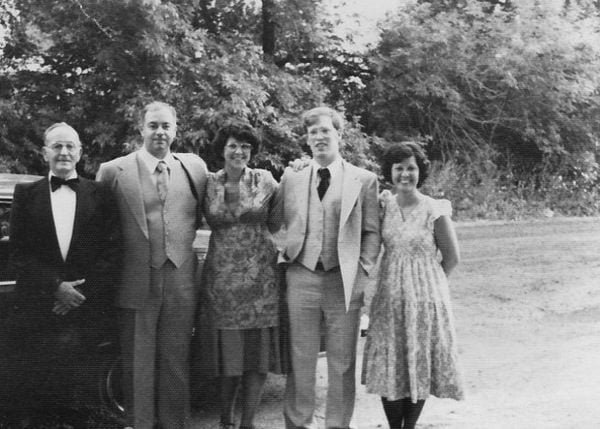
For Bruce and Polly Gerencser, 2020 has gushed into 2021, washing over virtually every aspect of our lives. Now that an adult is president, we are confident better days lie ahead. We watched the White House press briefing today. Oh my, what a refreshing difference from the insanity of the Trump years. Dr. Tony Fauci spoke about the Coronavirus Pandemic and how the Biden Administration plans to address a virus that will likely kill over 500,000 Americans by the first of March. So refreshing (and sobering), to say the least.
While it is nice to see a glimmer of hope here and there, I can’t help but be physically reminded that I am very sick and there seems to be no end in sight for my struggles. I saw a gastroenterologist yesterday, hoping that he might have some sort of magical cure. Alas, none is forthcoming. The bile reflux problem I am having is the direct result of having my gallbladder removed last August. Bile reflux is a known complication of the surgery — which was never explained to me by my surgeon — and all that can be done now is to treat and manage the symptoms: bowel pain, weight loss, lack of appetite, intermittent constipation/loose stools. Currently, I am on three medications. The doctor wanted to add one more drug, but the cost was so prohibitive I couldn’t fill the prescription. Our insurance doesn’t have a drug plan, per se (outside of life maintenance drugs). Thus, we have to pay the full cost for prescriptions until we reach our $3,400 deductible. Then we pay 80/20 until we reach our maximum out of pocket, $6,700. In 2020, our total medical costs were almost $10,000.
If these drugs don’t work as expected, then the next step is having a procedure where the doctor injects the pylori sphincter muscle in the stomach with Botox, paralyzing the muscle. This treatment typically lasts 3-4 months. When the doctor was explaining this procedure to me, I couldn’t help but make a joke about getting Botox injections for the wrinkles on my face. When I want to cry, I try to look for a joke — somewhere, anywhere — to take my mind off my afflictions. Some days, nothing stems the flow of tears. To use a worn-out cliche, “I am sick and tired of being sick and tired.”
And if that was not enough to deal with, Polly’s 85-year-old mom had a heart attack on Tuesday and was rushed to the hospital. You might remember, Polly’s dad suddenly died several months ago. We also found out that Mom has stage three/four kidney failure — something she has known for a year but ignored because she “felt” fine. Mom has had congestive heart failure for years, and while in the hospital this time, the doctor put in a stent. This made a big difference for Mom, but the long-term prospects for her don’t look good.
Polly called her mom just before she went in for her heart catheterization procedure. Mom, short of breath and having difficulty speaking, told her only daughter, “my wish for you is that you come back to the Lord.” I suspect Mom knows the end is near and she wants to be sure she makes her dying wish known to us. Polly thanked her mom, changed the subject, and told her that she loved her. This is the second time in twelve years that Mom has said anything to Polly (or me) about our loss of faith. Outside of telling us that she is praying for us, our unbelief has remained THE elephant in the room. We have not had one meaningful discussion with Polly’s mom (or dad when he was alive) about why we left the ministry and later walked away from Christianity.
We certainly want Mom to have her every need met as she nears the end of her life. We have no desire to cause her unnecessary pain or disappointment. However, her wish is one we cannot fulfill. Had she taken the time to understand why we deconverted, she would have known that mere wishing will not bring us back to the faith. If only wishing would change our lives, right? In a humorous moment last night, I told Polly, “I wish for strippers and millions of dollars!” We both had a good laugh, not at Mom, but the idea that wishing can make anything happen.
Mom is a lifelong Independent Fundamentalist Baptist (IFB). Her late husband was an IFB preacher for many years. I pastored several IFB churches, and Polly was right there beside me every step of the way. I am sure Mom sincerely thinks that if we would just return to those days, that all would be well. She could die happy, knowing that we would someday join her in the IFB version of Valhalla. Unfortunately, that is not going to happen — ever.
As much as we want Mom to leave this mortal life with a smile on her face, we can’t dismiss our beliefs and come back to Jesus just to make her (and other family members) happy. As with many atheists and agnostics, the only thing that will possibly change our minds is evidence; evidence for the existence of the Bible God; evidence that the central claims of Christianity are true; evidence that Jesus is who Evangelicals claim he is. We cannot and will not just “faith-it until we make it.”
I fear that after Mom dies, we will face one last effort by IFB family members and Mom’s pastor to reel us in for Jesus. “Don’t you want to join your mom in Heaven?” “Don’t you want the family circle to be unbroken?” Maybe we will hear one last warning about God’s judgment and the Lake of Fire or Pascal’s Wager will be trotted out for the 10,000th time. None of these tactics will work. As confirmed as IFB family are in their beliefs, so are we in our unbelief. Trying to guilt us into believing will not work.
As Polly and I prepared for bed last night, I told her of my concerns about settling Mom’s affairs after she is gone. It’s going to be a mess, but as the only daughter, it falls on Polly to take care of everything. We live almost 4 hours from Mom’s home, so, in the midst of a pandemic, we will have to risk our health to take care of everything from the funeral to paying bills to clearing out her apartment. This is certainly not something that we are looking forward to. But, when you are an only child, the burden is yours. And as the dutiful child she has always been, my dear wife will take care of things.
I reminded Polly that once all these things are done, we will get in our car and drive home, never to return to Newark, Ohio — a place of so much heartache. We will lament Mom’s passing, but seeing Newark in the rear view mirror? We will rejoice, knowing that we no longer have to deal with a church and (some) IFB believers who have caused us harm. I am sure it will be a sad, but liberating, moment.
Bruce Gerencser, 66, lives in rural Northwest Ohio with his wife of 45 years. He and his wife have six grown children and thirteen grandchildren. Bruce pastored Evangelical churches for twenty-five years in Ohio, Texas, and Michigan. Bruce left the ministry in 2005, and in 2008 he left Christianity. Bruce is now a humanist and an atheist.
Connect with me on social media:
Your comments are welcome and appreciated. All first-time comments are moderated. Please read the commenting rules before commenting.
You can email Bruce via the Contact Form.

